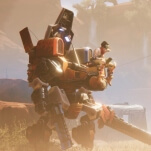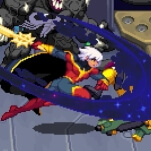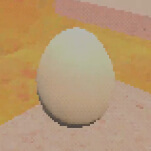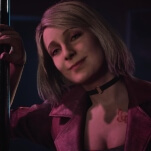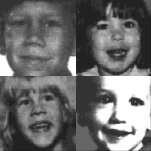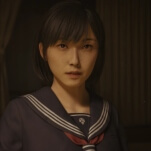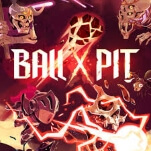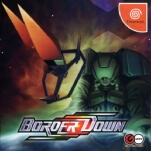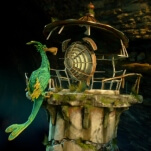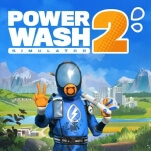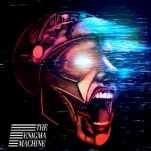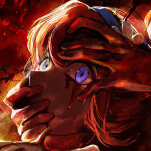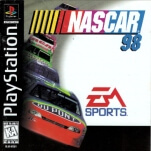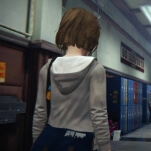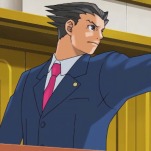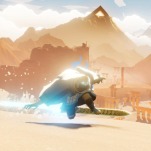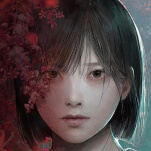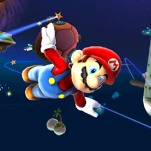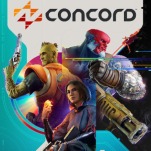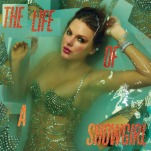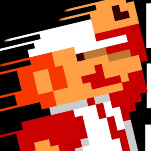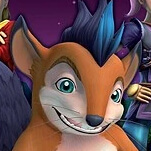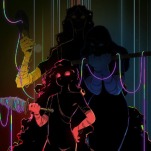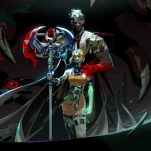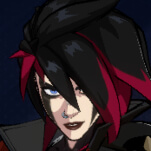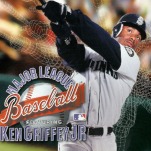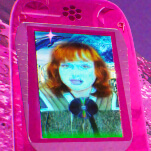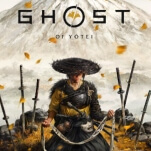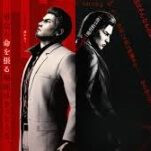Bounty Star Wants to Be the Mecha Western David Milch Never Wrote
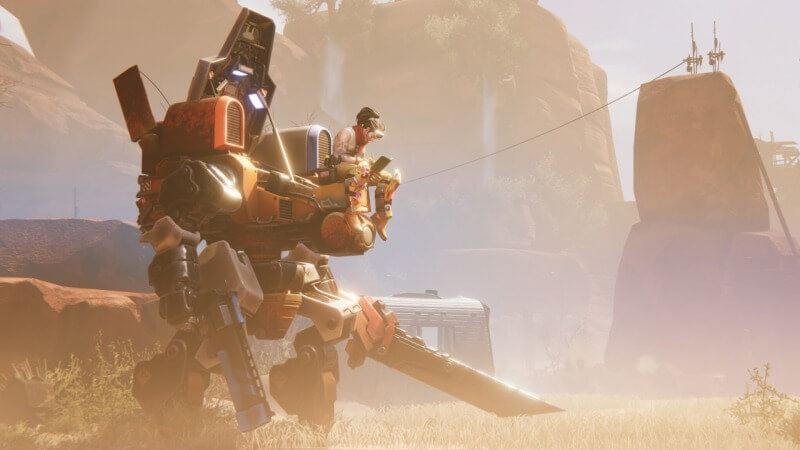
You can feel the weight of the mechs in Bounty Star. They’re sluggish, clunky, awkward both to move in and to fight with. They’re giant piles of junk worn by cowboys and gunslingers like Graveyard Clem, a lawful sort who blames herself for the destruction of the town she was supposed to protect and the deaths of most of her loved ones. Clem’s as broken as the hulking piece of scrap she climbs into whenever she needs to round up some outlaws.
One thing about Clem that isn’t broken, though, despite living alone in a backwater nook of a bombed-out desert in a barely functional society assembled ramshackle ages after the collapse of everything we know and hold dear today, is her language. She has a command of English that puts most video game characters to shame, regardless of their situation. Her complex sentences are full of evocative imagery and idiomatic constructs whose meaning is almost always clear even though they rarely resemble something anybody living today would ever think to say. She’s a damned poet, and although at its worst her dialogue—often delivered as her narrating her own journal entries—is ponderous and overwritten, it feels natural for the world the game presents.
Clem’s language is Bounty Star’s most striking facet. She speaks like a David Milch character. Almost everybody in this game does. Bounty Star might as well take place in Deadwood.
-

-

-

-

-

-

-

-

-

-

-

-

-

-

-

-

-

-

-

-

-

-

-

-

-

-

-

-

-

-

-

-

-

-

-

-

-

-

-

-

